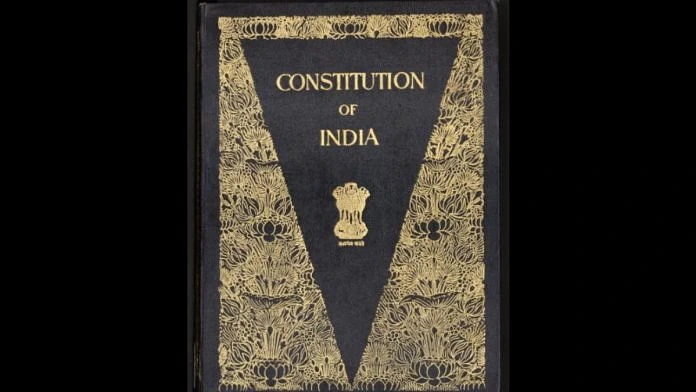NEW DELHI, June 27 — The Rashtriya Swayamsevak Sangh (RSS) on Thursday reignited debate over the Preamble of the Indian Constitution, calling for a review of the words “secular” and “socialist,” which were inserted during the Emergency in 1976.
Speaking at an event marking 50 years since the declaration of Emergency, RSS general secretary Dattatreya Hosabale said the two terms were not part of the original Constitution drafted by Dr. B.R. Ambedkar.
“Babasaheb Ambedkar never used these words in the Preamble,” Hosabale said. “They were added during the Emergency—when fundamental rights were suspended, Parliament was silenced, and the judiciary was rendered lame.”
The Preamble, he argued, is meant to be timeless and rooted in India’s civilizational ethos. “So whether these words should remain must be considered. Are the thoughts of socialism as an ideology eternal for India?” he asked.
The call for reconsideration comes amid renewed scrutiny of the Emergency imposed by then Prime Minister Indira Gandhi on June 25, 1975. Hosabale used the occasion to lash out at the Congress, accusing it of undermining democratic institutions during the 21-month period.
“Thousands were jailed and tortured. Media and judiciary were gagged. There were large-scale forced sterilisations. And today, those who carried out these atrocities are carrying the Constitution in their hands,” he said. “Your ancestors did this. You must apologise.”
Union Minister Nitin Gadkari was also present at the event, which served as both a remembrance and a political commentary on the legacy of the Emergency.
The terms “secular” and “socialist” were inserted into the Preamble through the 42nd Amendment to the Constitution, passed during the Emergency. While the amendment remains in force, it has been the subject of debate, with critics arguing that it altered the original philosophical framework of the Constitution without widespread public consensus.
Hosabale’s remarks are likely to rekindle ideological and political debate over the foundational values enshrined in India’s supreme legal document, especially as the country reflects on five decades since one of the darkest chapters in its democratic history.

